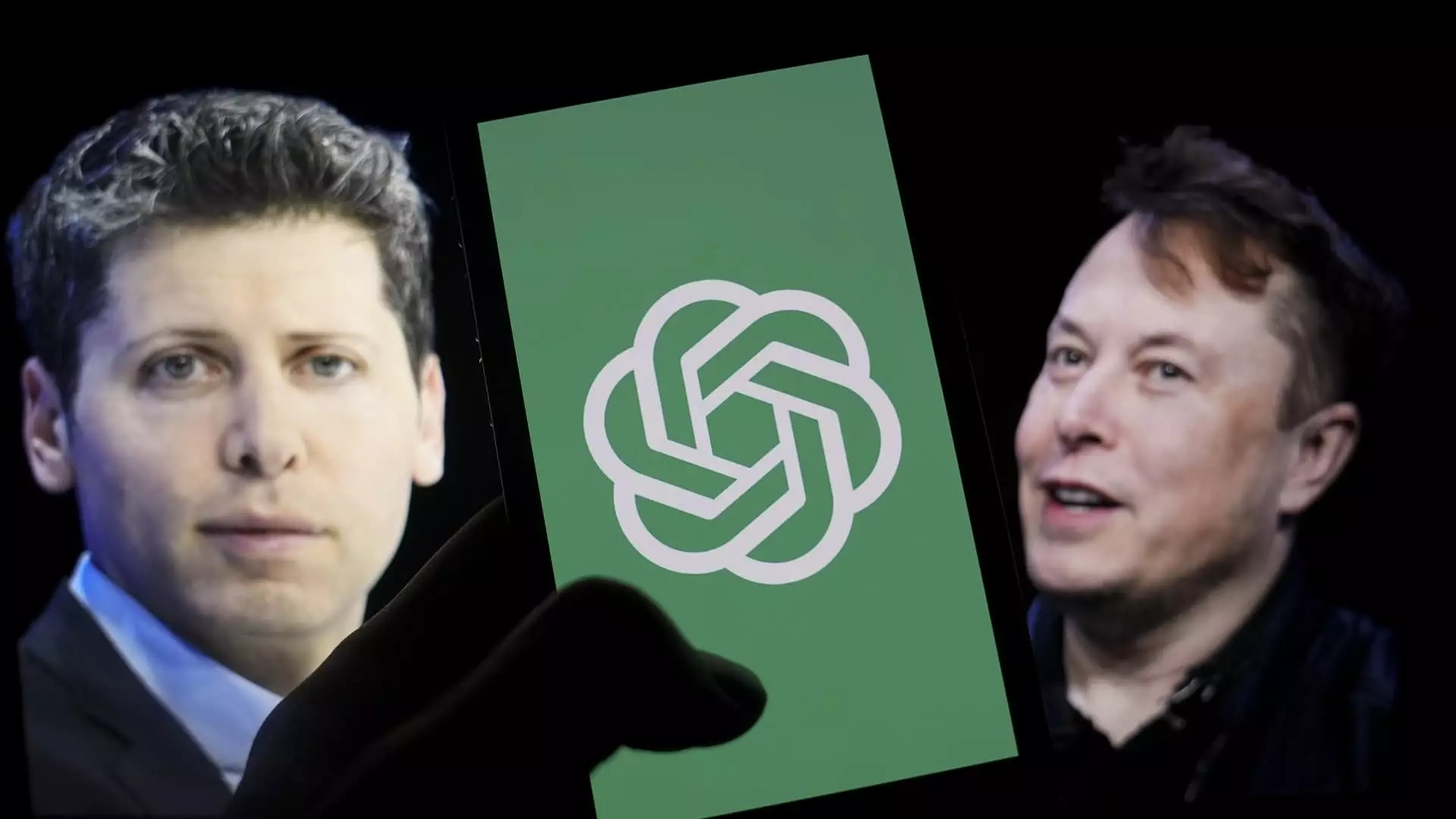The AI landscape is rapidly evolving, and at the core of this transformation lies a significant legal dispute that has captured the attention of the tech world. Elon Musk, the renowned entrepreneur and tech visionary, has initiated a legal battle against OpenAI, the organization he co-founded. This conflict centers around OpenAI’s transition to a fully for-profit entity and various allegations surrounding business practices that Musk argues stifle competition and hinder innovation.
The legal confrontation originated when Musk filed a lawsuit seeking to prevent OpenAI from completing its shift to a fully profit-driven model. Accompanied by attorneys representing his AI venture, xAI, and former OpenAI board member Shivon Zilis, Musk is advocating for a preliminary injunction. This injunction aims to halt OpenAI from allegedly coercing investors into avoiding financial support for competing AI startups, including xAI. This suit is the culmination of a growing discontent that has simmered since Musk’s departure from OpenAI.
The filing represents an escalation from Musk’s earlier actions against OpenAI, as it has migrated from a state court in San Francisco to a more consequential federal court. The transition reflects not only the severity of Musk’s claims but also the intense competition in the AI sector, where players are vying for market dominance. Musk’s legal representatives argue that OpenAI’s conduct constitutes a breach of federal racketeering laws, which if proven, could have far-reaching ramifications for the organization and its stakeholders.
Central to Musk’s complaint are allegations that OpenAI, in conjunction with tech giant Microsoft, has engaged in practices that violate antitrust laws. Specifically, Musk’s attorneys have asserted that OpenAI requested its investors to agree not to fund rival companies. This claim, if substantiated, raises critical questions about monopolistic behaviors in a sector that should ideally foster innovation and competition.
Musk’s legal team contends that such actions constitute a coordinated effort to eliminate competition, creating a “group boycott” that limits xAI’s access to crucial investment resources. By effectively preventing capital flow to competing ventures, Musk argues that OpenAI is obstructing not only his own startup but also the broader advancement of AI technologies that could benefit society at large. The implications of these accusations stretch beyond individual startups, potentially troubling the equilibrium of the entire AI ecosystem.
In response to Musk’s allegations, OpenAI has labeled the claims as baseless and indicative of a repeated failure to substantiate serious accusations. An OpenAI spokesperson highlighted that Musk’s pattern of litigation lacks merit, pointing to previous attempts that have not gained traction. This defensive stance represents a broader strategy by OpenAI to maintain its standing and credibility especially at a time when the organization is regarded as one of the leading players in the rapidly developing AI market.
The fact that OpenAI has successfully evolved from a non-profit organization to a capped-profit model showcases its innovative spirit. The recent plans to fully transition into a for-profit entity could attract larger investment opportunities vital for continued research and development. This conversion strategy is crucial as OpenAI aims to compete effectively against other tech powerhouses like Google and emerging startups — reinforcing the stakes involved in the current legal tug-of-war.
The fallout from this legal battle extends beyond Musk and OpenAI, as it draws attention from regulatory bodies like the Federal Trade Commission (FTC). The FTC’s ongoing scrutiny of partnerships in the AI sector suggests a growing concern over monopolistic practices that could stifle competition and innovation. The burgeoning market is projected to surpass $1 trillion in revenue, with staggering investment growth underscoring its potential.
Musk’s intensifying rivalry with OpenAI and its corporate backers highlights the intricate dance between competition and collaboration within the AI industry. The resolution of these allegations could set significant precedents about how AI companies navigate funding, competition, and ethical considerations in the context of rapid technological advancement. Investors, industry insiders, and policymakers will be watching closely as this case unfolds, recognizing the potential ramifications that could reshape the AI landscape for years to come.
The legal struggle between Musk and OpenAI symbolizes broader tensions in an industry poised for explosive growth. As technological capabilities advance, the need for fair competition and ethical practices in AI becomes paramount, establishing critical benchmarks for the future of innovation in this powerful domain.


Leave a Reply